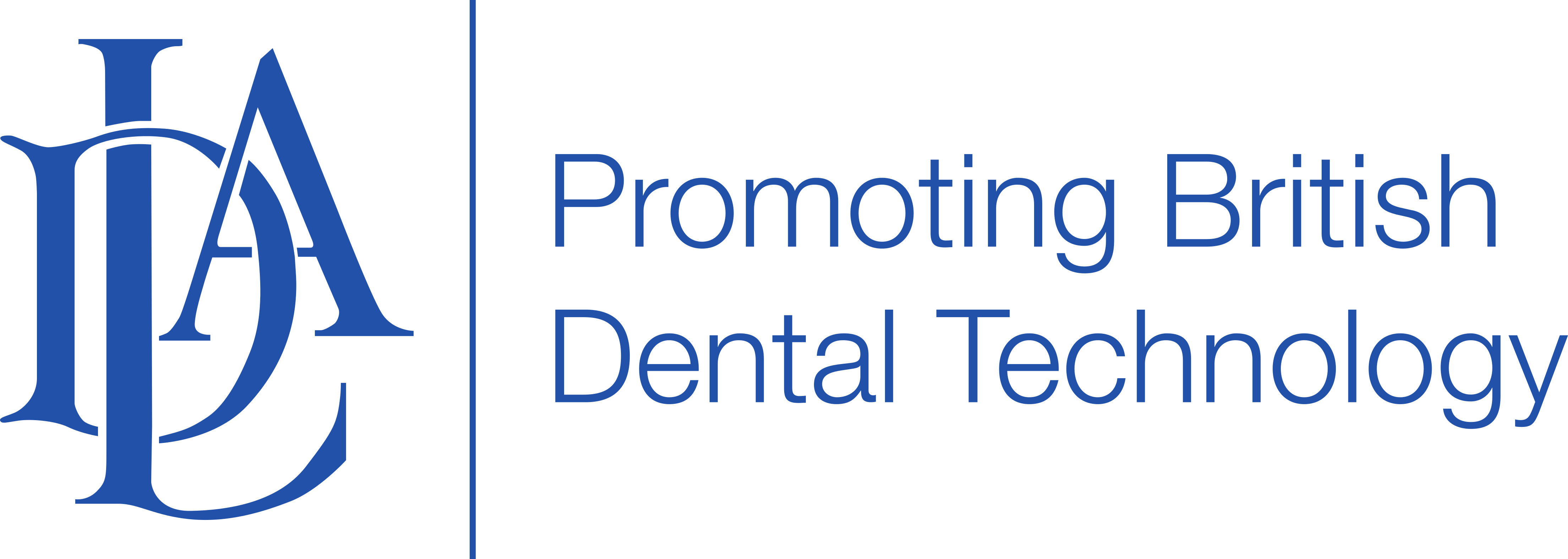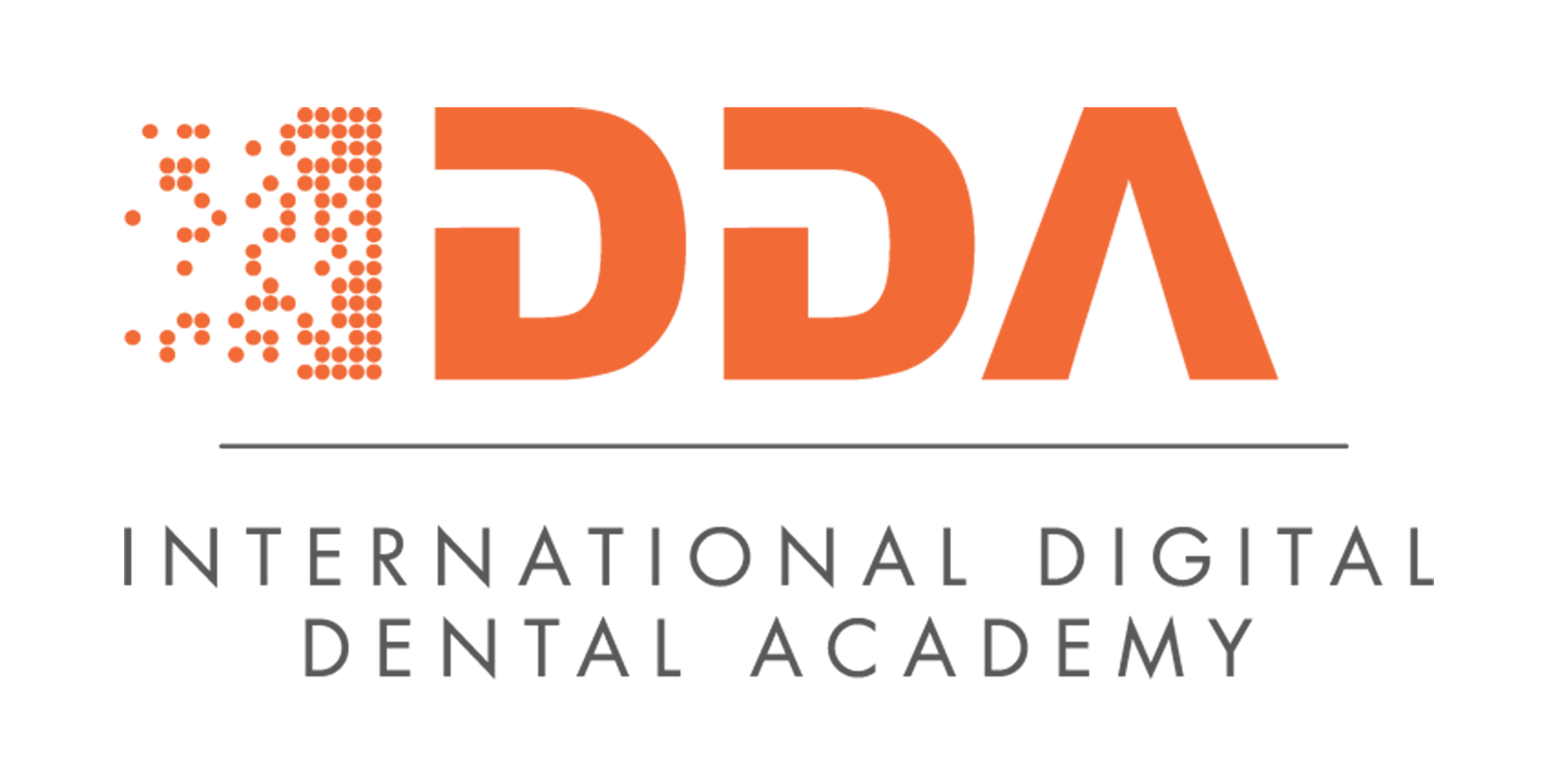The path to inspirational leadership
)
At this year’s DTS, dental sales and leadership coach Justin Leigh paves the way for a deeper exploration as to how dental technicians can successfully navigate a transformation from one of the team to becoming a leader, embracing the art of leadership while fostering the growth and development of their colleagues. Read Justin’s thoughts on effective leadership and the future of the dental technology industry below.
The dental laboratory industry stands at a pivotal juncture where traditional management practices are having to evolve into more dynamic and people-centric leadership. Central to this transformation is a fundamental shift from directive management to empowering leadership, particularly relevant in the context of dental laboratory environments.
Laboratory owners are tasked with the responsibility of transforming their working environments into places that are not only engaging and motivational, but that also foster a sense of autonomy and independence. Moreover, it's crucial to align the laboratory's objectives with a broader purpose, such as enhancing patient care, delivering exceptional customer service, and striving for excellence in all aspects of their work. This alignment not only improves operational outcomes but also instils a sense of pride and fulfilment in the team.
Recruiting and retaining talent
One of the most pressing issues in the dental laboratory sector is the recruitment and retention of skilled technicians. To address this challenge, a shift in perspective and approach is required. It means moving away from traditional methods and thinking innovatively. Laboratories, being central to the dental industry, are often high-pressure environments with a constant flow of work, which can create a sense of monotony akin to working on a treadmill. To overcome this, leadership must find new ways to engage their team, instil a sense of responsibility, set meaningful expectations, and inspire and motivate their team in more innovative ways.
A laboratory that aims for long-term sustainable success must cultivate an environment where the team is energised, motivated, and has a clear understanding of expectations. More importantly, they should be excited about their future within the organisation and committed to its success.
Leadership, in this context, means articulating a vision that transcends day-to-day tasks. It encompasses not only the growth of the business but also the personal and professional development of the team. This involves creating an environment where staff members are positively challenged, set ambitious but achievable goals, and encouraged to innovate and make suggestions for improvement. By fostering this kind of environment, employees can connect their daily tasks to a larger purpose and experience growth beyond their immediate roles.
Leadership versus management
To move forward effectively, it is important to distinguish between leadership and management. Very simply, you manage tasks and you lead people.
This means, in practical terms, that leadership in dental laboratories involves more than ensuring that tasks are completed efficiently; again, it's about motivating teams, connecting their day-to-day work to the broader mission of the laboratory, and fostering a culture that values respect and support. This approach creates a more invested and motivated workforce, leading to higher productivity and better outcomes.
It helps to think about leadership as a combination of art and science. The 'art' aspect involves the intuitive, empathic, and motivational skills required to connect with and inspire team members. It's about understanding individual strengths and weaknesses and using this knowledge to guide the team effectively. The 'science' aspect, on the other hand, involves strategic planning, decision-making based on data, and structured processes to achieve organisational goals.
Effective leadership blends these aspects, ensuring not only the achievement of business objectives but also the development and satisfaction of the team. Organisations that balance leadership with management are more likely to foster an environment of continuous improvement and innovation, leading to sustainable success.
From technician to coaching leader
The transition from a skilled dental technician to an effective manager or leader represents a significant shift in skill sets. Excelling as a technician involves specific operational skills, whereas leading a team requires a different approach, one that can sometimes conflict with hands-on expertise.
As a coaching leader, the focus shifts from personally driving all activities to stepping back and guiding the team. This transition is not immediate but requires deliberate practice and application of specific principles. It's about empowering team members, fostering their independence, and focusing on their growth. This change is challenging yet essential for the sustainable growth and success of both the team and the leader.
This can, in part, be achieved by embracing a forward-looking approach in lab leadership, with an emphasis on the need to define clear values, culture, long-term and short-term goals for the laboratory. It is essential for laboratory leaders not just to articulate these principles but also to embed them in every aspect of laboratory operations. This strategic vision is also key to preparing team members for future leadership roles and ensuring the long-term success and sustainability of the laboratory.
Shaping the future
As the dental laboratory industry continues to evolve, embracing the principles of effective leadership and coaching will be essential for future success. To be able to do so, laboratory managers and technicians alike need to be guided towards a more dynamic, inclusive, and forward-thinking approach to lab management.
This shift is not just about improving operational efficiency; it's about creating a work environment that inspires, motivates, and retains top talent, thereby ensuring the continued excellence and growth of the dental laboratory industry.


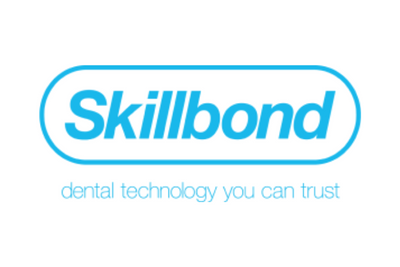

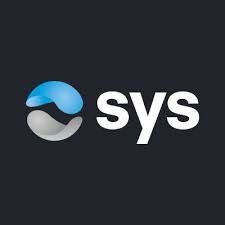
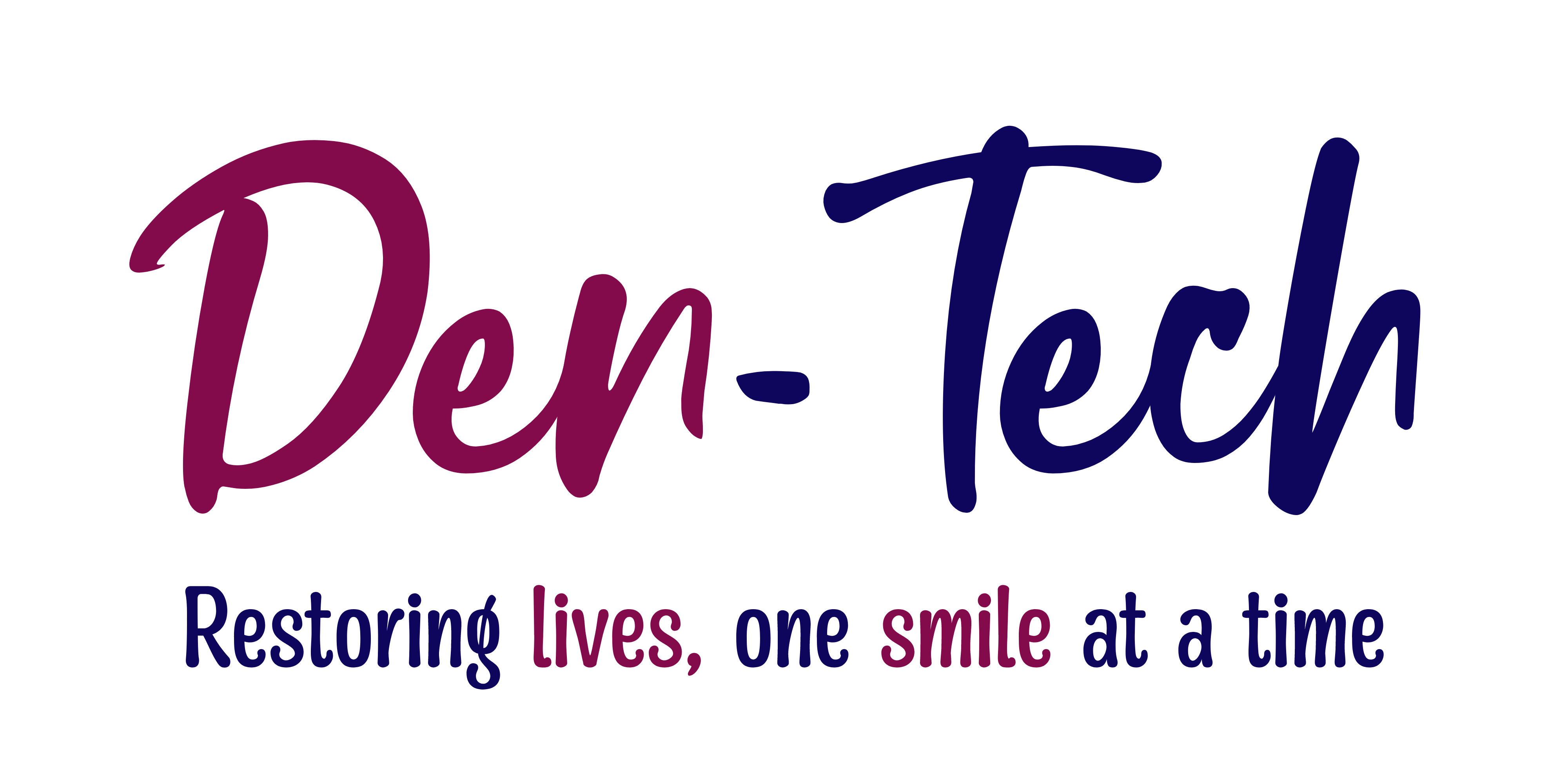
.png)
